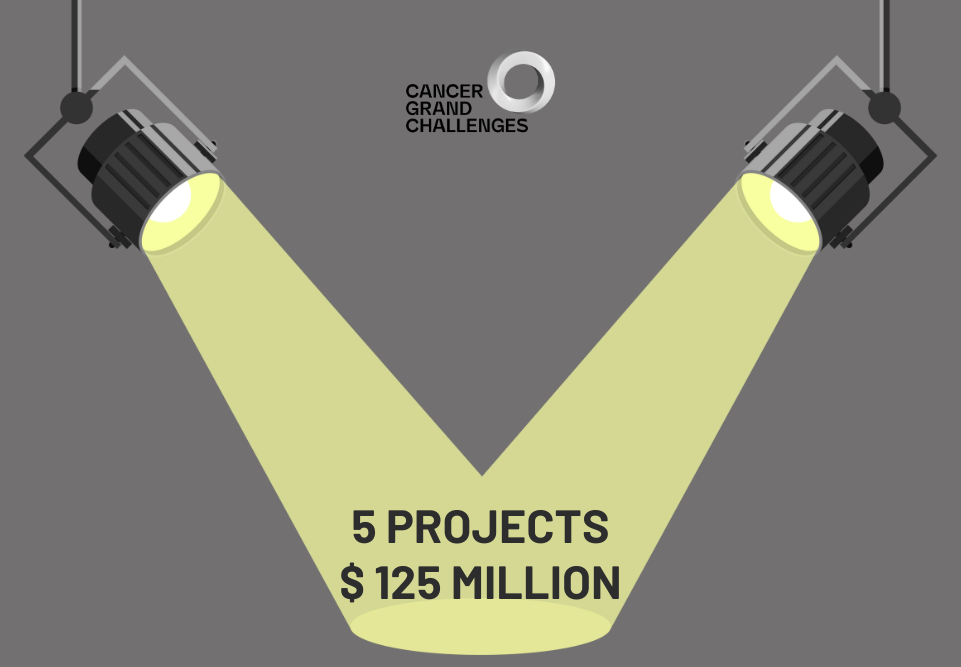Posts by author
Janet Fricker
Secondhand smoke reduces cisplatin impact on head & neck tumour cells
Secondhand smoke significantly reduced the ability of chemotherapy to kill head and neck cancer cells and increased the cells’ ability to reproduce. The study, published in the International Journal of Molecular Sciences, found that secondhand smoke altered the proteins that…
EBCC manifesto urges action to overcome disparities in metastatic breast cancer
All patients with metastatic breast cancer should have equal access to the best treatments and outcomes regardless of where they live in Europe. The EBCC14 manifesto, agreed at the 14th European Breast Cancer Conference (EBCC) on March 22 in Milan,…
Cancer Grand Challenge projects to shine light on unanswered oncology questions
The Cancer Grand Challenges initiative has announced the five global research teams who between them will receive $125 million to address unanswered questions. The winning teams, revealed in March, are addressing four major oncology challenges – solid tumours in children,…
Childhood cancer survivors need younger monitoring for cardiovascular disease
Survivors of childhood cancer are at a significantly higher risk of death following a major cardiovascular event than the general public. The study, published in the Journal of the American College of Cardiology 27 February, found risk of death after…
Mechanisms linking chronic stress to raised metastasis risk discovered
Stress causes neutrophils to form sticky ‘web-like structures’, making body tissues more susceptible to cancer metastasis. The study published in Cancer Cell, 22 February, demonstrated that the stress hormone glucocorticoid leads to the formation of neutrophil extracellular traps (NETs), known…
Older adults with advanced cancers may do better on modified regimens
Lowering the dose and adjusting the schedule may help older adults with advanced cancer better tolerate chemotherapy. The cohort study, published in JAMA Network Open, February 15, found older patients with advanced cancer who underwent primary treatment modification had a…
Financial vulnerability linked to late cancer diagnosis
Patients with major ‘adverse financial events’ – bankruptcies, liens (losing ownership of property pending payment of debt), or evictions – are more likely to have cancer diagnosed at an advanced stage than those without such serious financial problems. The US…
Increasing cardiorespiratory fitness reduces risk of prostate cancer
Increasing cardiorespiratory fitness rates by an average 3% a year or more is linked to a 35% reduced risk of men developing prostate cancer in comparison to those whose fitness levels declined by 3% over the same time period. The…
Drop in metastatic breast cancer mortality ‘greater than expected’
Between 1975 and 2019 breast cancer deaths dropped by 58% due to a combination of screening mammography and improved treatment. The US modelling study published in JAMA, 16th January 2024, found that by 2019 nearly one third of the decrease…
Lynch syndrome patients show poor aspirin adherence
Only around one third of people with Lynch syndrome, the most common form of hereditary colorectal cancer, report taking aspirin as chemopreventive therapy. The survey, abstract 19, presented at the 2024 ASCO Gastrointestinal Cancers Symposium, held January 18–20, in San…










